|
Throughout history, the act of trekking has profoundly influenced the cognitive, behavioral, and emotional development of individuals. Even in contemporary times, the act of trekking in natural or urban landscapes continues to evoke inspiration, awe, and a deep connection with the environment. Trekking education represents a progressive pedagogical approach that addresses two critical concerns of today's society: the provision of enduring, high-quality education and the cultivation of awareness regarding the urgent need to protect our planet in the face of the looming threat of climate change. The most recent edition of the course, titled "Trekking Education: A Novel Approach to Teaching and Learning," occurred in Tenerife from 20/08/2023 to 26/08/2023. Participants hailed from diverse corners of Europe, including Alexandra Delmastro, Jade Kerjean, Caroline Ait Abdellouhab, Eva Letienne, Marie Piquet and Clara Viales from Lycée Saint-Exupéry in France; Veronika Polomská, Zuzana Trnková, Marek Zvirinský and Ingrid Palenčárová from Gymnázium Šrobárova 1 in France; Magdalena Mucowska from Wroclaw University of Economics in Poland Viktória Kútvölgyi Agnes Stumpf from BKSzC Gundel Károly Vendéglátó és Turisztikai Technikum in Hungary, Miriana Reale Calabrese from Associazione Glocal Factory Latina in Italy and Petra Seyfried from VBS HAK/HAS Mödling in Austria. Unfortunatelly the huge wildfire that occured in Tenerife this time stopped from visiting all the bueatifull landscapes of Tenerife that we usually do, but it taught us an important lesson about trekking and outdoor education the importance of planning and the beauty of unknown whenever integrating outdoor education lesson. Commencing with the definition of Trekking-Based Education, we delved into various methods of guiding our students to engage with trekking, which doesn't always entail journeys through nature and forests. In fact, we dedicated a portion of the training to Urban Trekking Education within the city. Participants learned to teach subjects such as science, mathematics, music, art, language, and more by immersing themselves in activities that heightened their awareness of their surroundings.
Another segment of the course focused on the practical utilization of tools in natural settings, such as local parks. All the games and activities that were tested garnered much appreciation and inspired our participants not only to share their experiences with the rest of the group but also to create their own trekking-based activities. Participants also delved into the principles of Non-Formal Education (NFE), a pedagogical approach that aligns with many trekking-related activities. This approach places concrete experiences at the heart of the learning process, allowing students to connect newly acquired knowledge with their lives and apply it effectively by following the entire learning cycle and asking the right reflective questions. The concluding part of the course was dedicated to designing a trekking experience tailored to the target group of each participant. After studying the principles of the trekking-based learning approach, exploring the 10 Kurt Hahn principles and their significance, and engaging in various urban and natural activities, on the final day of the course, each participant designed a trekking-based lesson relevant to their subject. Taking into account their students' age, skills, and the topics they wished to address, each teacher meticulously planned their session, presented it to fellow course participants, and received constructive feedback on potential improvements. This week exemplified the effectiveness of experiential trekking-based learning: participants gained a tangible sense of what a trekking education activity entails through a hands-on approach, while also acquiring the necessary knowledge to plan such experiences for their students. On last day of the course fortunately some of the trekking routs were open on the nothern part of the island so we used the situation and finally had a day in nature in outstanding natural park and Punta de Teno. Throughout this course, participants were exposed to a wide array of activities and games that they can replicate with their students, underscoring that learning extends beyond the confines of the traditional classroom. For more information about this course, please visit the link provided here. |
Welcome to the ELA Blog. Here you will find articles and photos of our courses and have a look at the topics addressed during the week in Bologna, Palermo and Tenerife. You will also have the chance to take a peek at our projects and check out what we have been up to.
Archives
July 2024
Categories |
-
Course catalogue
- 2023-2024 course catalogue
- Soft Skills >
- ICT and New Technologies >
- Inclusion and Diversity >
-
Innovative Teaching Methods
>
- Innovative teaching methods discovery
- Non-formal education teaching methods
- Dual education and work-based learning
- Teaching leadership and entrepreneurship
- Project based learning
- Game based learning and gamification
- Green skills
- Outdoor education
- Outdoor education trekking edition
- Promoting creativity and critical thinking
- Languages and EU projects >
- Preschool >
- Erasmus Plus KA1
- What we do
- About us
- Locations
- Blog
- Contact us
 English
English български
български Čeština
Čeština Español
Español Français
Français ελληνικά
ελληνικά Italiano
Italiano Polski
Polski Português
Português Română
Română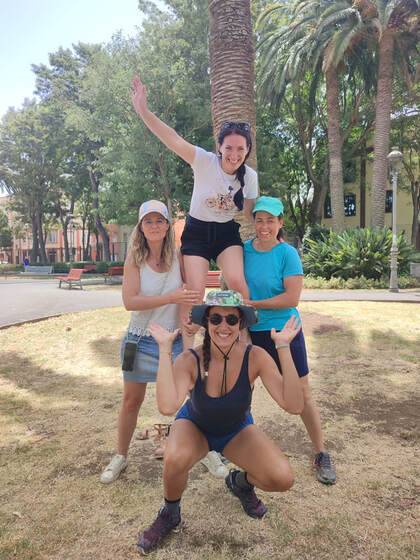
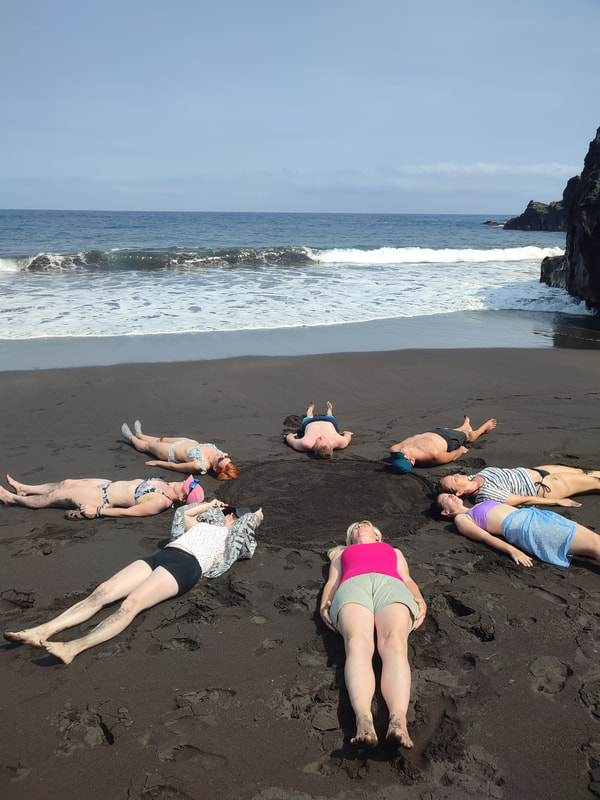
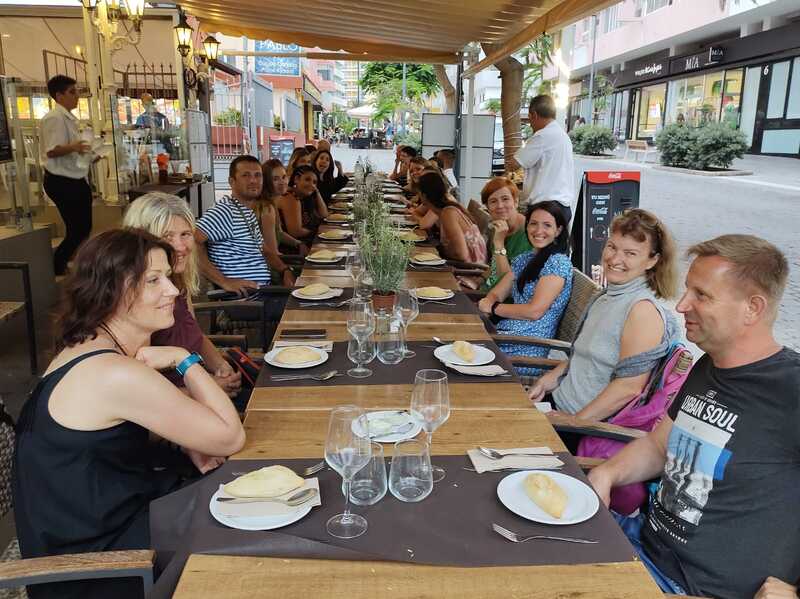
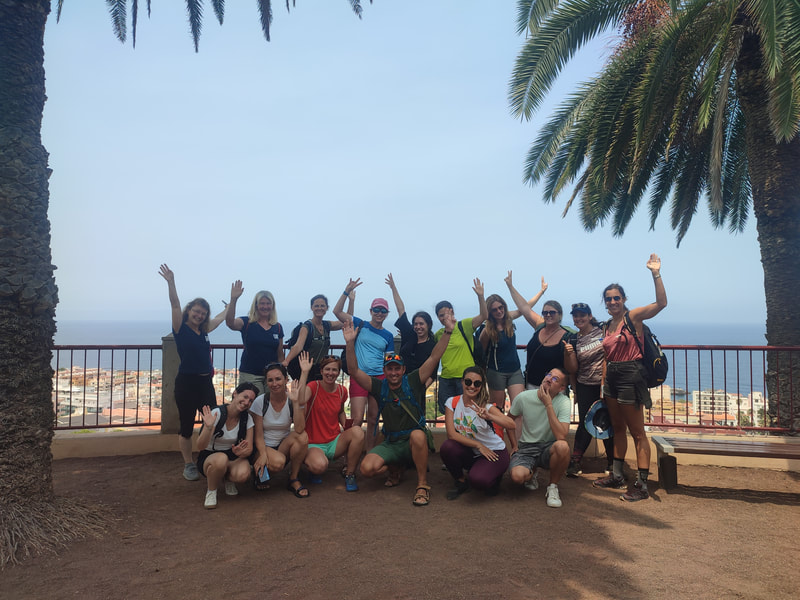
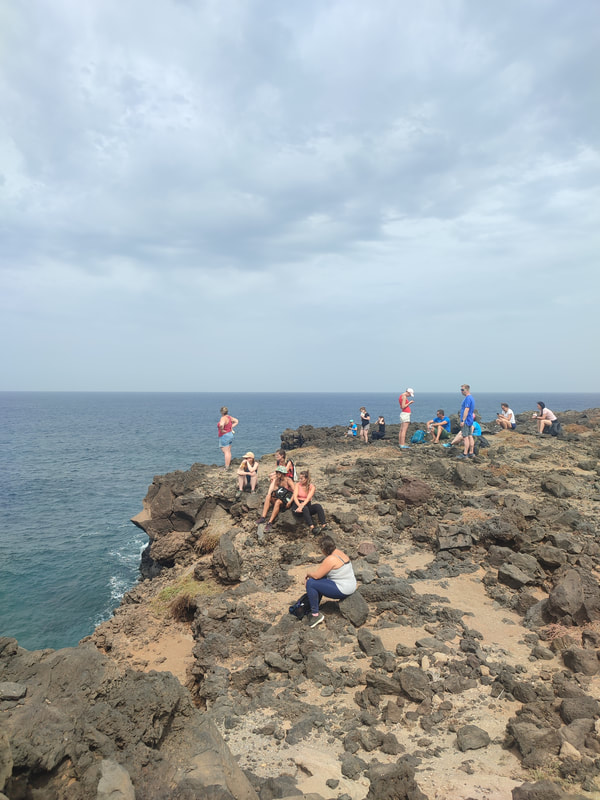
 RSS Feed
RSS Feed









